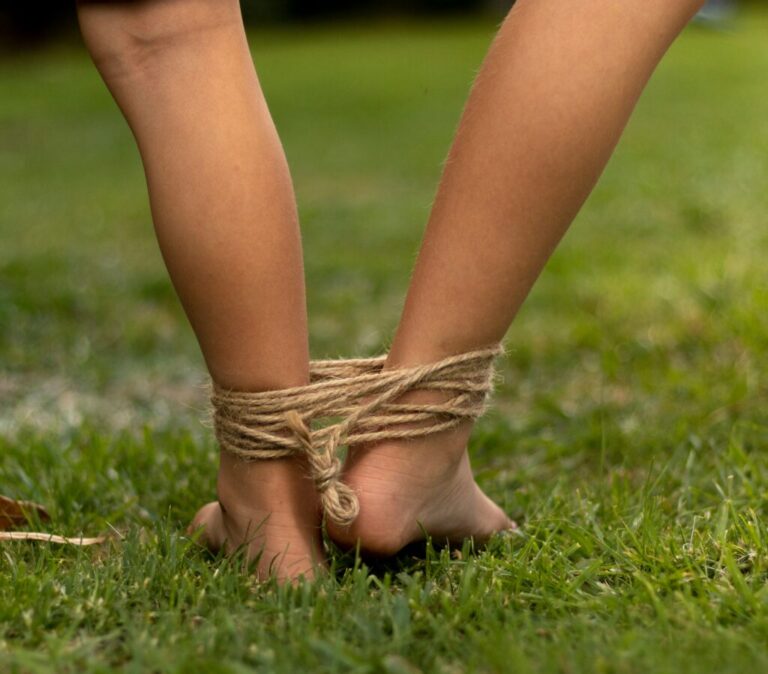Being the parent of an addict is very, very tough. From the minute you find out, you’re never quite the same again. You carry with you a level of worry, fear, guilt and sadness that never quite disappears, even if your child finds sobriety. And in the midst of all that emotional overwhelm, you still have to find ways to carry on, to cope day to day, but how? How on earth do you balance loving your child and not enabling them? How do you help them, how do you help yourself and how do you deal with the stigma of having an addict in the family?
As the specialist addiction website talktoFrank.com will confirm, this problem is becoming increasingly common. Every family is different, and situations are nuanced and complex, but here are some thoughts to start you thinking…
Get your head out of the sand
Denial is the first place many parents go to – it’s only natural. No one wants to believe the worst. But the sooner you accept what’s going on, the sooner everyone can get the help they need. It’s counter intuitive, I know, but worry less what they are feeling (it doesn’t matter if they hate you right now). Focus more on doing what you think you need to do to save their lives.
Be willing to make tough decisions
If you’ve finally acknowledged what’s happening, then you know there are certain practices you need to put into place. Get real. People in active addiction can lie, manipulate and deceive. Protect your money. Hide bank account details, protect their inheritance. Get a lockbox and secure your valuables. You may need to consider re-housing your child if you think their environment is hindering their chances of recovery. But do everything with the best interests of the family in mind.
Protect the family structure
Hopefully your child will get the help they need and recover. And when they come out the other end, they will need their family more than ever. So don’t let the chaos of addiction consume the entire family. See your other children, see siblings and wider family. Don’t let the addict dominate.
Set boundaries
There’s only so much you can do. It’s so easy for you to become consumed by the addiction and your child’s behaviour. As a loving parent, you want to help, but you will find that there comes a point when helping tips into enabling. Your child needs to take responsibility for their addiction and to help them, you have to recognise that there will be certain challenges that only they can face. You can’t do everything for them. When you set a boundary, you’re telling your child what you expect of them and what you don’t. It’s about respect. And the hardest thing is not setting them, it’s keeping them.
Keep communication open
It is so important that your child knows they can come to you to talk about their addiction. If they are talking to you, you still have that connection, however fragile. And you know that they are trying to engage. But they are not always going to talk sensibly or rationally. In active addiction, you’ll hear an awful lot of self-pity and mis-placed anger. You’ll be on the receiving end of their frustrations. So, you need to be prepared to hear things that a parent would never wish to hear. But rather that, then lose them completely, surely?
Don’t automatically assume you know best
Of course, as a loving parent you have your child’s best interests in mind and want them to live a long, fulfilling life (and there’s no harm in reminding them of that) but you might want to start by asking them what sort of help they think they need. Don’t take over completely. Don’t smoother them or do everything for them. Yes, they’re not well, but they’re not babies. Give them agency in their own recovery. And if their request is sensible and doesn’t threaten their recovery, maybe you could go along with it. Small gestures can show them that you are supportive and believe in them.
Educate yourself
Learning everything you can about addiction is a great way to help an addicted child. There is more to learn about individual addictions than you might think. And there is so much more research nowadays, treatments are changing all the time, so it’s important to stay up to date. You don’t have to wade through academic journals or heavy textbooks. There are documentaries, personal stories, films, TV series, podcasts. There’s really no excuse not to get clued up.
Find your own support network
You’re not a superhero. You can’t do this alone. Self-care is vital if you’re going to be able to support your child. Remember that adage: you need to put your own oxygen mask on before you can fit anyone else’s. It’s so true when it comes to substance misuse. There will be specific support groups where you can meet other people affected by your child’s addiction. But alongside those meetings, make sure you find time to do things that bring you joy. See friends and take care of your own health. We don’t need any more physical suffering.

Get the right help for your child
You will need a proper diagnosis from a professional but find someone who will take a full picture of what’s going on. Many parents discover there is an underlying mental health issue feeding their child’s problem. One important benefit of getting your child into therapy or residential drug rehab is that you can get a complete picture of co-occurring mental health conditions. In dual diagnosis treatment, your child can receive help for all disorders at the same time. That will speed up their recovery in the long term.
Get ready for the long haul
Addressing substance misuse is never quick. In fact the real experts will tell you recovery is a lifelong process. Treatment options are often devised to be short term and relapse is often a feature of a person’s recovery. This process is not going to be linear. Buckle up, the ride is going to have highs and lows. But if you do it right, you’ll all come out closer and wiser.


